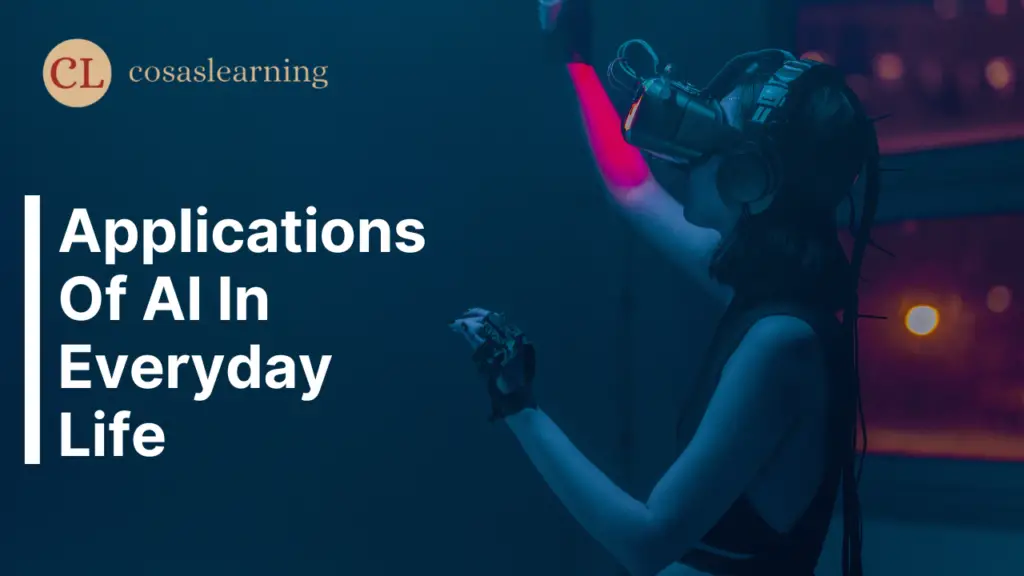Introduction

Artificial Intelligence (AI) has emerged as a revolutionary technology, transforming various aspects of our lives. With its rapid advancements and increasing integration into different industries, AI is shaping the future in profound ways. However, this rise of AI raises an important question: Are we ready for the future? In this article, we will explore the current state of AI, its potential benefits and challenges, and the preparations required to embrace this technology.
The Evolution of Artificial Intelligence

Artificial Intelligence has made great progress since it first started. It began in the 1950s and has improved a lot because computers have become more powerful and we have collected a lot of information. At first, AI systems were not very capable, but now, with the help of machine learning algorithms and deep neural networks, AI has made big advancements in the last few years.
Applications of AI in Everyday Life

Enhancing Efficiency and Productivity
AI technology has made significant contributions to improving efficiency and productivity across various industries. In manufacturing, robots equipped with AI algorithms can perform repetitive tasks with precision and speed, leading to increased output. In the retail sector, AI-powered inventory management systems optimize stock levels, reducing waste and ensuring timely replenishment. Additionally, AI chatbots provide instant customer support, enhancing customer satisfaction and saving time for businesses.
Transforming Healthcare
AI is revolutionizing the healthcare industry by enabling advanced diagnostic tools, personalized treatments, and predictive analytics. Machine learning algorithms can analyze medical records and identify patterns that help diagnose diseases at an early stage. AI-powered robotic surgeons assist doctors in performing complex surgeries with enhanced precision, reducing the risk to patients. Furthermore, wearable devices equipped with AI algorithms can monitor vital signs and provide real-time health insights, empowering individuals to take proactive measures for their well-being.
Revolutionizing Transportation
The rise of AI has also brought about transformative changes in transportation. Self-driving cars, enabled by AI technology, have the potential to enhance road safety and reduce traffic congestion. AI algorithms analyze vast amounts of data from sensors and cameras to make informed decisions while navigating through traffic. Moreover, AI-powered logistics systems optimize delivery routes, reducing fuel consumption and improving efficiency in the transportation of goods.
Advancing Communication
AI has made communication more seamless and efficient. Natural Language Processing (NLP) algorithms enable virtual assistants like Siri and Alexa to understand and respond to human queries. Language translation tools powered by AI facilitate global communication by breaking down language barriers. AI-driven sentiment analysis helps businesses gain valuable insights into customer feedback, allowing them to tailor their products and services accordingly.
Benefits of Artificial Intelligence

Automation of Tedious Tasks
One of the key advantages of AI is its ability to automate tedious and repetitive tasks. By delegating such tasks to AI systems, humans can focus on more complex and creative endeavors. Automation leads to increased productivity, reduced errors, and cost savings for businesses.
Improved Decision-Making
AI algorithms can process and analyze vast amounts of data at a speed and scale that surpass human capabilities. This enables AI systems to provide valuable insights and predictions, aiding decision-making processes in various domains such as finance, marketing, and logistics. With AI-powered analytics, businesses can make data-driven decisions, leading to better outcomes.
Enhanced Efficiency and Accuracy
AI technology improves efficiency by streamlining processes and reducing manual intervention. In industries like manufacturing, AI-powered machines can carry out tasks with precision, reducing the likelihood of errors. AI algorithms can also learn and adapt from data, continuously improving their performance and accuracy over time.
Challenges of Artificial Intelligence

Ethical Concerns
As AI becomes more pervasive, ethical concerns arise regarding its use and potential consequences. Issues such as algorithmic bias, privacy infringement, and the impact on employment need to be addressed. Striking a balance between innovation and ethical considerations is crucial to ensure the responsible and beneficial deployment of AI technology.
Job Displacement
The automation potential of AI raises concerns about job displacement. While AI can automate certain tasks, it also creates new opportunities and shifts the focus towards higher-skilled roles. However, to ensure a smooth transition, reskilling and upskilling programs need to be implemented to equip the workforce with the skills needed in the AI-driven future.
Security and Privacy
With AI systems handling vast amounts of personal data, ensuring robust security measures and protecting privacy becomes paramount. Organizations must invest in robust cybersecurity frameworks to safeguard sensitive information and prevent unauthorized access to AI systems.
Bias and Fairness
AI algorithms are trained on historical data, which can contain biases inherent in the data collection process. This can lead to biased outcomes and discriminatory practices. Efforts should be made to develop fair and transparent AI systems that consider diversity and mitigate biases to ensure equitable and inclusive outcomes.
Ensuring a Smooth Transition into the AI Era

To harness the benefits of AI while mitigating its challenges, certain steps need to be taken:
Education and Skill Development
Promoting AI education and skill development programs is essential to equip individuals with the knowledge and expertise required to thrive in an AI-driven future. Investments in STEM education, AI-related courses, and vocational training can prepare the workforce for emerging AI opportunities.
Collaboration and Regulation
Stakeholders from academia, industry, and government need to collaborate to develop regulations and standards for AI implementation. Establishing ethical guidelines, data governance frameworks, and ensuring accountability are crucial for responsible AI deployment.
Ethical Frameworks
Developing ethical frameworks and guidelines is vital to ensure that AI technology is used in a manner that respects human values, privacy, and societal well-being. Ethical considerations should be an integral part of the design and development process of AI systems.
Conclusion
The rise of Artificial Intelligence presents immense opportunities for progress and innovation across various domains. However, it also comes with challenges that require careful consideration and proactive measures. By embracing AI technology responsibly, investing in education and skill development, fostering collaboration, and establishing ethical frameworks, we can navigate the future confidently and unlock the full potential of AI for the betterment of society.
FAQs
Click Here : To Show Your Support! 😍





